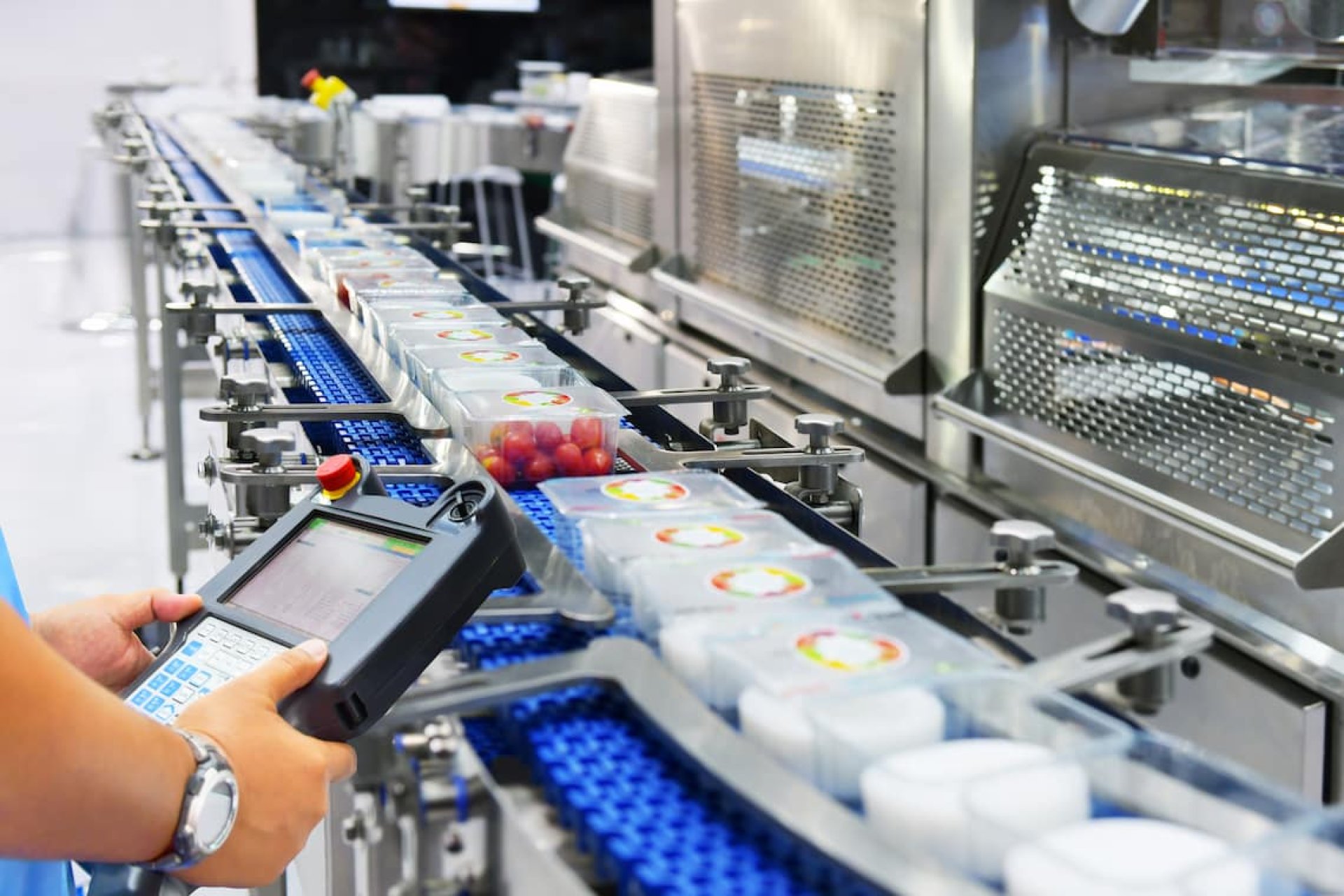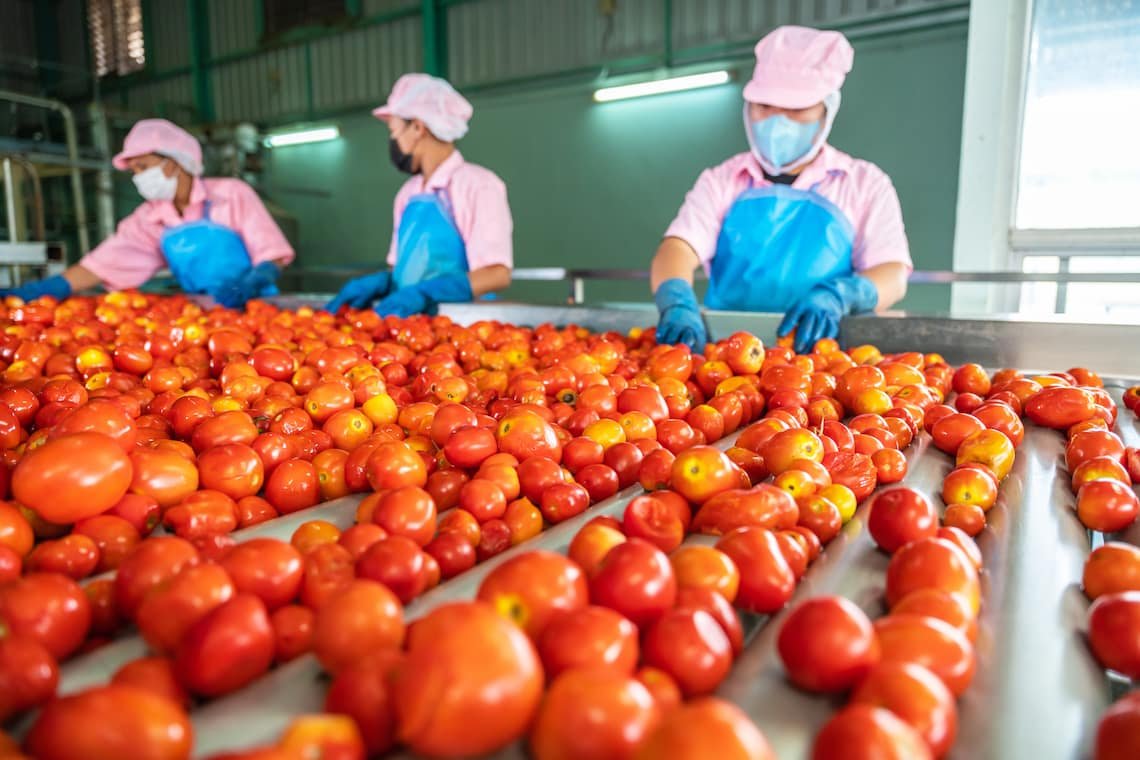Key Factors in the Food Production Process to Improve GMP Standards Compliance

Establishing quality and hygiene standards throughout the food production process is an essential factor in gaining consumer trust in the food industry. Operators must develop various factors to ensure their compliance with food industry standards.
This article will discuss Good Manufacturing Practice (GMP) standards and the critical factors for GMP standards compliance.
Understanding GMP
GMP (Good Manufacturing Practice) consists of guidelines and methods, which are basic requirements to ensure the safe production of food, drugs, or cosmetics. GMP standards are implemented to build consumer confidence in the products. The benefits of GMP standards for food production operators include:
- Providing guidelines to ensure high-quality and safe food production.
- Preventing defects in the food production process.
- Optimizing costs and increasing efficiency in the food production process.
- Serving as a foundational system that can be elevated to other international standards such as HACCP and ISO 9000.
- Enhancing export capabilities to compete with other operators.
6 Factors for a GMP-Compliant Food Production Process
Location and Production Building
The area and building used in the food production process must not be contaminated or in a location prone to contamination, becoming a breeding ground for pests. It should not be located near livestock pens or garbage disposal areas. Additionally, there should be no standing water within the premises.
The production area must be appropriately designed for easy maintenance and cleaning. Unused or unrelated items should not be stored. Adequate lighting should be provided, and preventive measures should be taken to prevent animals and insects from entering.
The food production area should be distinctly separate from residential areas. It must have sufficient space for each production line, including areas for raw material preparation, mixing, cooking, packaging, storage, and cleaning.
Tools, Machinery & Production Equipment
Operators must ensure that tools, machinery, and production equipment are used properly and handled carefully as they come into direct contact with food. Operators should choose equipment that meets industry standards, meaning they must be made from materials that do not react with food (non-toxic and non-corrosive), durable, and easy to clean.
Operators must ensure that tools, machinery, and equipment essential to the food production process are sufficient for the production volume and suitable for their intended function.

Process Control
Process control requires attention at every step, from selecting quality raw materials to systematically cleaning and storing them under properly controlled temperature and humidity conditions. Appropriate packaging must also be chosen to prevent food deterioration and contamination.
Strict control of raw materials in the food production process is necessary. This includes weighing, measuring, and mixing ingredients and additives in the correct proportions as necessary. Time and temperature control during cooking (boiling, steaming, stir-frying, and drying) are also key.
Sanitation
Sanitation is another crucial factor. It involves providing adequate facilities for operations, such as clean water supply, restrooms, handwashing stations, footbaths, and soap. These facilities must be functional and clean. Measures must be in place to prevent and control pests, manage waste disposal, and ensure proper drainage to maintain good hygiene for workers.
Maintenance and Cleaning
To maintain optimal operations, a regular cleaning schedule should be established for tools, machinery, containers, production equipment, and rooms used in the food production process.
Chemicals used for cleaning and other related substances should be properly stored and labeled with clear names and usage instructions to prevent misuse and contamination that could affect the food production process.
Personnel
Personnel involved in each step of the food production process should maintain good health and hygiene practices, such as wearing clean hats or hair nets, aprons, gloves, and masks. These protective items must be worn throughout the work period to minimize the risk of contamination.
Enhance Your Food Production Process
These guidelines should guide operators in improving their food production standards. For those seeking food processing machinery or food processing machine importers to enhance their production processes, Asia Engineering Pac offers modern and safe food processing machines.
With over 40 years of experience, our team of engineers can design machines to meet customer requirements. We have food processing machines available for actual trials. For more information, contact us at 02-806 4501, 089-769 1417, and 063-323 5274.


